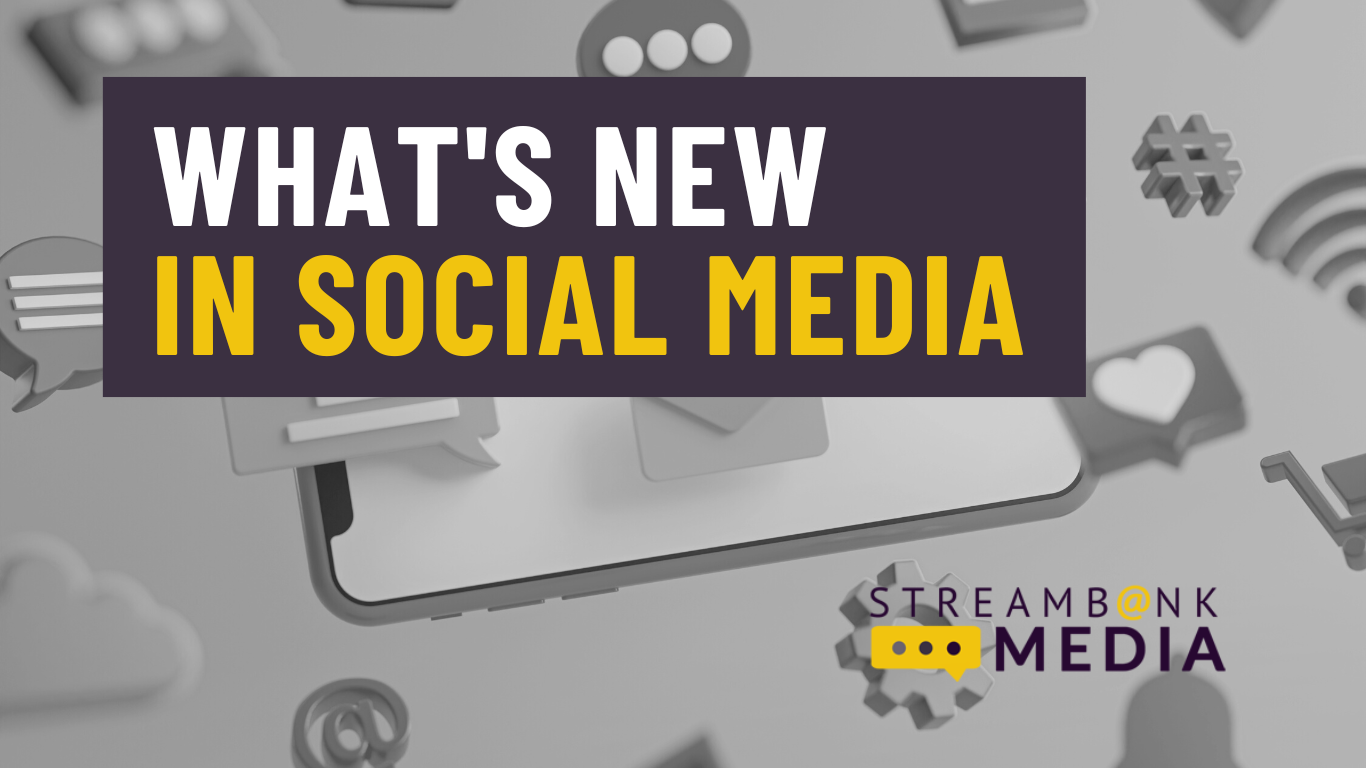Meta's Bold AI Bots Move: A Misstep in Social Media Ethics
Meta has announced a controversial plan to flood Facebook and Instagram with AI-generated bots, complete with bios and profile pictures. These bots, unlike traditional features, are intended to mimic real users, blending seamlessly into the fabric of social media interactions. While Meta pitches this as a step towards innovation, the decision raises significant ethical, societal, and practical concerns that should not be ignored.
The Ethical Concerns
For years, bots have been associated with spam, misinformation, and manipulation. Now, Meta seeks to normalize their presence in our digital spaces, framing it as a strategy to appeal to younger generations. But the question remains: is this truly about serving users, or is it an attempt to exploit them under the guise of innovation?
Meta’s move seems less about enhancing the user experience and more about boosting engagement metrics to attract advertisers. By introducing bots that interact like humans, Meta risks turning its platforms into a simulated experience where authenticity becomes indistinguishable from algorithmic fabrication. Users, especially the younger demographic, deserve genuine connections, not artificially created interactions.
Data Privacy and Trust

Meta’s track record with data privacy and ethics is shaky at best. Integrating AI-driven bots into platforms raises new concerns about how these entities will collect, store, and use personal data. These bots may engage users in conversations, gather their preferences, and even influence their decisions; all without their explicit understanding or consent. This veers dangerously close to manipulation and exploitation.
Moreover, the decision aligns disturbingly with Meta’s tendency to prioritize profit over people. By injecting bots into user interactions, Meta could amplify misinformation, polarize opinions, and blur the lines between authentic and artificial content, all while claiming to innovate.
Impact on User Trust
Meta’s reliance on AI bots could erode what little trust remains in social media platforms. Users are already grappling with issues like fake news and echo chambers. Introducing bots that mimic human behavior could exacerbate these problems, making it harder for users to discern reality from fabrication.
Rethinking the Strategy

At its core, social media is meant to foster connections, amplify voices, and build communities. Meta’s decision to introduce bots threatens to undermine these foundational principles. The move may appeal to advertisers and drive short-term engagement, but the long-term costs—loss of trust, authenticity, and societal cohesion are far too great.
Meta should rethink this strategy. Instead of replacing human interaction with AI, the company should focus on improving the quality and safety of its platforms. Innovation is welcome, but not when it risks alienating the very users it seeks to serve.
Let’s hope that this marks not the beginning of a trend but a wake-up call for the tech industry to prioritize ethics over expedience.




















